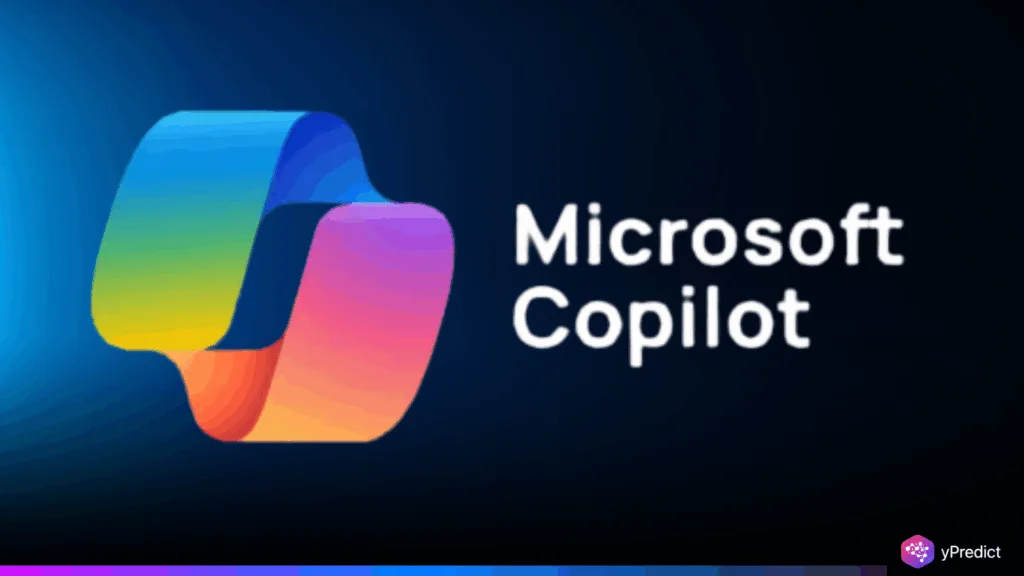
Microsoft is introducing Copilot Vision AI to its Copilot app, which will allow it to see your entire desktop screen. The new screen sharing feature is included in versions 1.25071.125 and up. These versions enable visual aids for a variety of tasks in real time. This update is causing privacy concerns among users and experts alike, despite its promise of increased productivity through on-screen insights.
Copilot Vision AI Gets Full-Screen Superpower Update
The latest update enables context-based assistance and lets the assistant see your entire desktop or just a particular window. By choosing what they wish to share and clicking the glasses icon in the Copilot app, users can activate it.
Furthermore, this version can monitor your entire workspace, unlike earlier iterations that could only access two apps simultaneously. As a result, the AI can now offer real-time suggestions for tasks like refining designs through advanced screen sharing.
Is Screen Sharing With AI Safe Now
Microsoft says this update is more like screen sharing during video calls than automatically recording the screen. It can be stopped at any time and only starts when you want it to. You are in complete control. Furthermore, Microsoft emphasizes that, unlike the Recall feature, no continuous snapshots are taken. Copilot Vision AI can offer verbal or textual advice after sharing, offering comments on resumes, designs, and browser content.
Additionally, it can analyze what is visible to provide answers. Initially released as a limited test on mobile devices and Microsoft Edge, the feature scans pages. This rollout is currently limited to Windows Insiders in supported regions. During this preview phase, Microsoft is considering user input and collecting feedback.
Privacy Issues Grow as Copilot Vision AI Develops
As Microsoft continues to incorporate AI, this is a major step forward. By allowing users to receive effortless assistance while working, the expanded screen-sharing capabilities have the potential to redefine productivity. Additionally, Copilot Vision AI’s use of visual inputs raises the bar for digital help.
On the other hand, privacy issues are becoming more apparent. Allowing an AI assistant to see everything on your screen, even for a brief period, puts you at risk. So, users might not always know what private information is shared.
Microsoft insists that user consent is essential, but experts believe that more precise boundaries and improved alerts are needed. As privacy concerns become prevalent, the future of these features may be determined by how safe users feel using them.
Bottom Line
A new era of truly intelligent digital assistance may begin with this rollout. However, the distinction between assistance and surveillance is thin. Therefore, Microsoft needs to put strong safeguards in place to gain the trust of its users over the long run.
Copilot Vision AI promises to increase productivity, but screen time might be a sacrifice. Will privacy be compromised for convenience?






